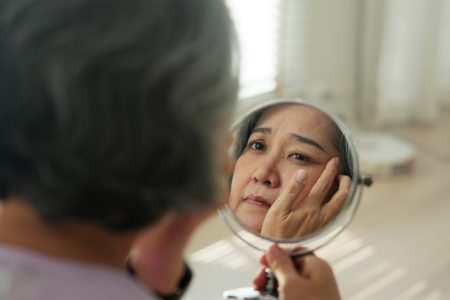Baby boomers are experiencing worse health than previous generations, according to new research out of the UK.
Scientists from the University of Oxford and University College London (UCL) found people in their 60s and 70s were more likely to have serious health problems like type 2 diabetes, cancer and heart disease than earlier generations at the same ages. The findings represent a “structural break in disability trends” as life expectancy continues to trend upward while rates of illness and disability increased across successive generations during the last century. “Even with advances in medicine and greater public awareness about healthy living, people born since 1945 are at greater risk of chronic illness and disability than their predecessors,” lead author Laura Gimeno of UCL told the Guardian.
The findings have big societal implications, driving increased demand for health and social care. While high-income Western nations are already experiencing the difficulties of having one-fifth of their populations over the age of 65, the global population will be in the same position by 2050.
[See more: The Health Bureau is ‘actively’ preparing for a surge in elderly residents]
Researchers analysed health data from over 100,000 people between 2004 and 2018, covering multiple generations of people aged 50 and above across England, the US and 11 European countries. Curious to see how generational trends might differ between pre-and post-World War II generations, respondents were grouped into five cohorts: the Greatest Generation (born before 1925), the early Silent Generation (born 1925 to 1935), the late Silent Generation (1936 to 1945), early Baby Boomers (1946 to 1955), and late Baby Boomers (1955 to 59). The increasing rates of chronic disease were especially striking between those born from 1936 to 1945 and those born from 1955 to 1959.
Rates of chronic disease rose with each generation across all regions, with more recently born adults more likely to have cancer, lung disease, heart problems, type 2 diabetes and high cholesterol than their predecessors at the same age. Cancer, heart problems and high cholesterol increased the most in England and Europe, while increased rates of type 2 diabetes were consistent across regions.
Grip strength, a common measure of overall body strength and healthy ageing, dropped across generations in England and the US, while increasing or remaining constant in Europe. Most of the post-war cohorts were as likely or more likely than their predecessors to have difficulties with personal care activities like eating and bathing or daily tasks like preparing a hot meal or grocery shopping. “If life expectancy remains stable or continues to increase,” Gimeno told The Guardian, “these worrying trends may see younger generations spending more years in poor health and living with disability.”






